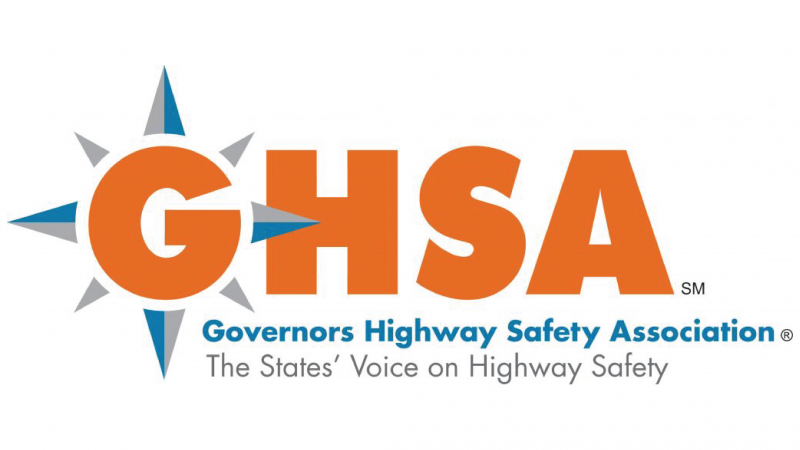Absent Traffic Jams, Many Drivers Getting More Reckless
Traffic Safety Community Urges Safer Driving During Coronavirus Pandemic
WASHINGTON, D.C. – Emptier streets may be encouraging some drivers to flout traffic safety laws, including speed limits. Despite there being far fewer vehicles on the road due to COVID-19 stay-at-home orders, state highway safety officials across the country are seeing a severe spike in speeding. Many states have reported alarming speed increases, with some noting a significant surge in vehicles clocked at 100 mph or more.
Being a safe driver should always be a priority, but during the coronavirus pandemic, traffic safety experts at the Governors Highway Safety Association (GHSA) say it is more important than ever. “While COVID-19 is clearly our national priority, our traffic safety laws cannot be ignored,” said GHSA Executive Director Jonathan Adkins. “Law enforcement officials have the same mission as health care providers — to save lives. If you must drive, buckle up, follow the posted speed limit and look out for pedestrians and bicyclists. Emergency rooms in many areas of the country are at capacity, and the last thing they need is additional strain from traffic crash victims.”
During the past month, pedestrian and bicycle traffic are reported to have increased exponentially, while motor vehicle traffic is down. Adkins noted that GHSA is encouraged to see so many communities across the country making roadways more accessible to pedestrians and bicyclists. To keep roads safe for everyone, traffic safety officials nationwide are pleading with motorists to slow down and respect traffic safety laws.
Here are examples of the reckless driver behaviors reported recently:
- In Colorado, Indiana, Nebraska and Utah, police have clocked highway speeds of over 100 mph.
- State police in Florida and Iowa are reporting drivers going 20 to 40 miles over the posted speed limit.
- In New York City, despite far fewer vehicles on the road, the city’s automated speed cameras issued 24,765 speeding tickets citywide on March 27, or nearly double the 12,672 tickets issued daily a month earlier. In Los Angeles, speeds are up by as much as 30% on some streets, prompting changes to traffic lights and pedestrian walk signals.
- Some states are finding reduced crash rates but more serious crashes. In Massachusetts, the fatality rate for car crashes is rising, and in Nevada and Rhode Island, state officials note pedestrian fatalities are rising.
- In Minnesota, motor vehicle crashes and fatalities have more than doubled compared to the same time period in previous years. Half those deaths were related to speeding or to careless or negligent driving.
“During the past two months, Americans nationwide have shown that we are all willing to do the right thing to protect ourselves and each other,” said Pam Shadel Fischer, GHSA’s Senior Director of External Engagement and Special Projects. “We must maintain that same sense of urgency when it comes to the road. Drivers need to respect the law and look out for other road users, so that we can prevent the needless loss of life now and moving forward.”
A 2019 report on speeding by GHSA, “Speeding Away from Zero: Rethinking a Forgotten Traffic Safety Challenge,” highlights excessive vehicle speed as a persistent factor in nearly one-third of all motor vehicle-related fatalities, while a 2020 GHSA report on pedestrian fatalities, published in February, finds that pedestrians now account for 17% of all traffic-related fatalities.
Despite the fact that a significant percentage of all crashes are speeding-related, speeding is not given enough attention as a traffic safety issue and is deemed culturally acceptable by the motoring public. To combat this problem, GHSA, the Insurance Institute for Highway Safety (IIHS) and The National Road Safety Foundation, Inc. (NRSF) have partnered to provide up to $200,000 in grant funding to a community to develop, implement and evaluate a speed management pilot program. The organizations are looking for a pilot program that can be scaled nationally and plan to announce the grant winner in May.
Released 16 April 2020
Contact: Joe Feese, 202-580-7930, joe@ghsa.org
